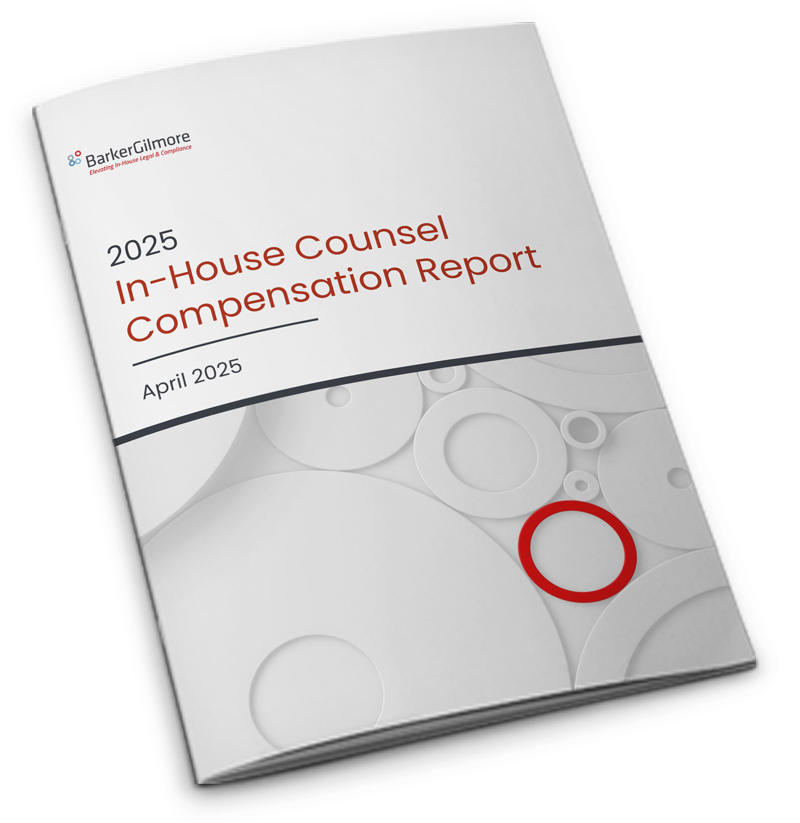Business leaders today expect in-house lawyers to contribute to the success of the business and serve as strategic advisors. While everyone ultimately seeks to earn a seat at the table and be considered a strategic advisor, many lawyers fall short. Nothing is more frustrating for the business team and the lawyer when this relationship doesn’t exist.
As in prior blog posts, GCs were again keen to share their valuable insight, this time into the failed attempts of many to be considered strategic advisors.
Failure to know the business
A lawyer will not be viewed as a strategic advisor if they don’t know the business well enough to thoughtfully contribute to issues. Moreover, if the lawyer views their role as to only weigh in on legal issues or the legal implications of issues instead of the business implications, they will be viewed as a legal advisor and will not be thought of as being able to add value beyond that. It becomes self-fulfilling because the lawyer will then not be invited to participate in meetings which are viewed as non-legal. Oftentimes, legal issues are raised in those “non-legal” meetings and, if a lawyer isn’t present, decisions may be made that need to be undone or modified in the future. A lawyer will not be viewed as a strategic advisor if they are perceived as unavailable, not solution-oriented, or only give esoteric law school concepts as legal advice. — Eric Dale, Nielsen
Failure to understand the lawyer’s place in company decision making
The in-house lawyer’s job is to: (i) provide advice to the business decision makers regarding the legal risks of the various courses of action; (ii) devise practical legal and compliant solutions that get management and the company where they need to go to achieve the company’s mission, goals, and objectives; and (iii) leave the business decisions to the proper management personnel, be it the CEO, COO, Board, or others. The lawyer absolutely must communicate his or her understanding of that role and who the proper decision makers are to those decision makers. Too many lawyers think that they should be making the decisions. That’s fatal. Of course, the lawyer needs to always urge compliance with applicable laws and regulations, “report up the chain,” or even resign if necessary, if, despite the lawyer’s advice, the executive or company fails to heed the advice and engages in illegal behavior. The strategic advisor lawyer must be focused almost entirely on the company’s business and not on competitors. They must be the innovator disruptors in the industry, focusing on executing plans and making the competition irrelevant. — Roy Adams, Wealthfront
Failure to have the appropriate risk tolerance
The main reason lawyers fail at being strategic advisors is risk tolerance. We are programmed — not sure if it is by personality or education or experience — to be risk adverse. How many attorneys have you heard of that won’t make decisions when there is a risk involved in the decision? I know a lot. While I subscribe to the general principle that corporate attorneys are advisors and not usually decision makers for business operations, corporate attorneys need to be ready to support decisions of the business even when those decisions present risks. Some risk tolerance is going to be necessary in business. The stronger strategic advisors identify the risks for the business and then assist the business to mitigate and manage the risks. If the risks are extreme, a good strategic advisor will highlight those to the business as completely as possible which may include “what if” scenarios and case examples of other companies or other decisions AND if available, alternate decisions that may accomplish the same or similar purpose. A strong lawyer strategic advisor will have to work against the way he or she is programmed to avoid all risk and instead will have to consider the best interest of the company and the shareholders in advising management or the Board. If decisions are made by the company with the right information available and the right approach to manage the known and potential risks, the lawyer has done his or her job. — Kerry David, CB&I
Failure to balance risk and exercise good judgment
Lawyers fail as strategic advisors by failing to be appropriately balanced regarding risk and failing to exercise good judgment. An excellent strategic advisor needs to constantly strive to find the right balance between supporting the business’s operational and strategic objectives and mitigating legal, regulatory, and reputational risk. The calls at either end of the spectrum are easy. The calls in the middle are typically far more nuanced and require good judgement in balancing multiple, often competing, considerations. The other way they fail is by not providing actionable advice or recommendations. A lawyer who simply describes the risks and opportunities of various options without providing a clear recommendation on which option the business ought to pursue is unlikely to be viewed as a good strategic advisor. — Jon Mothner, Synchrony Financial
Businesses today don’t need armchair philosophizers; they need business-savvy “real life” attorneys who can help guide their company to success. If you listen, truly understand, and adapt to the changing needs of your organization, you can quickly become a strategic advisor.
Connect with a legal recruiting advisor
* indicates required fields




